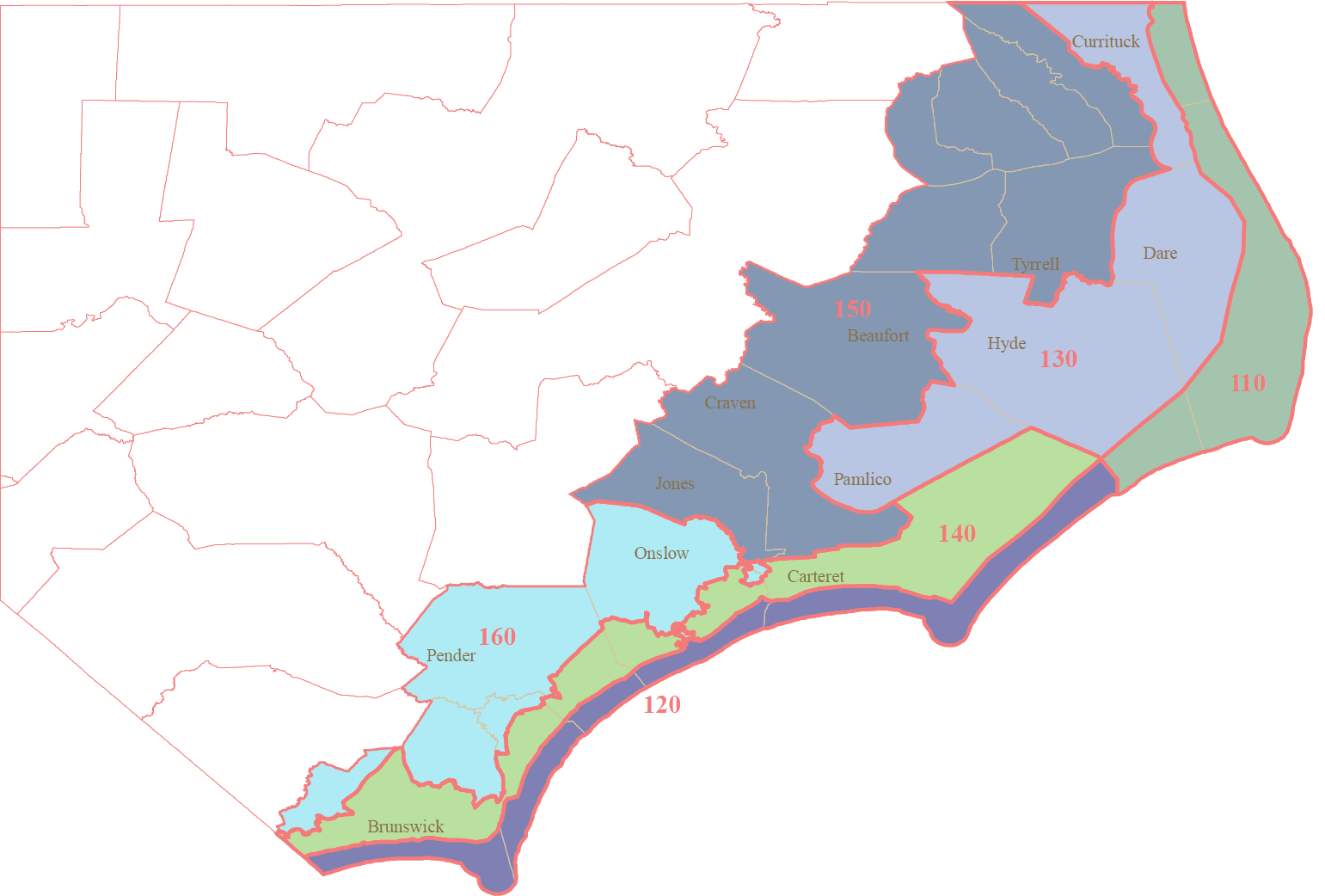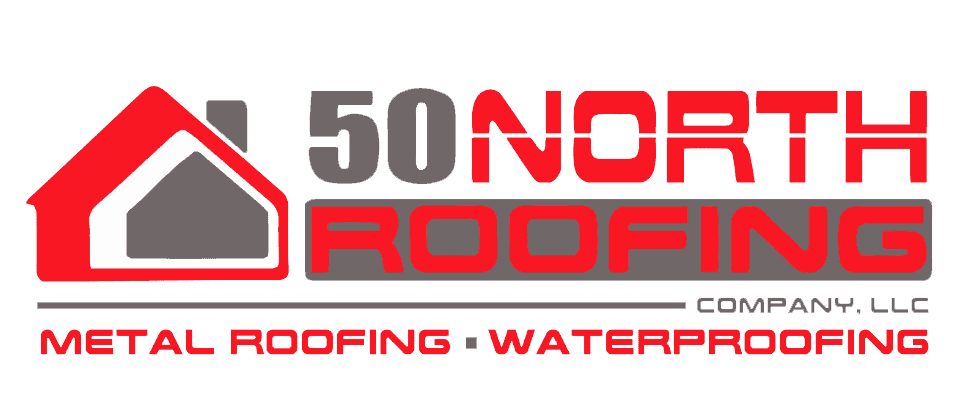Trusted Fortified Roofing Contractor based in North Carolina
The Strengthen Your Roof Program Offers Eligible Policyholders up to $6,000 to Install a FORTIFIED Roof™
North Carolina Insurance Underwriting Association (NCIUA) is one of the first organizations in the nation to begin offering grants to help eligible policyholders in beach and inland communities to better protect their homes against the threat of hurricanes.
200+ 5 Star Reviews

2,500+ Fortified Roofs Installed in North Carolina
FAQs Regarding the Program
NCIUA’s STRENGTHEN YOUR ROOF is a pilot mitigation program that will provide grants up to $6,000 for roof replacement with an IBHS FORTIFIED Roof™. This program is open to eligible Homeowner policyholders with properties on the Outer Banks and Barrier Islands (rating territories 110 and 120).
A limited number of grants are available and will be awarded on a first-come, first-served basis until all available funds have been awarded or until December 31, 2021, whichever comes first. You are encouraged to apply as soon as possible to reserve your grant.
The program will provide you with a grant up to $6,000 for roof replacement with an IBHS FORTIFIED™
Hurricane Florence, Hurricane Dorian, and Hurricane Isaias were the latest reminders that strong roofs are a front-line defender against high winds and severe rain. When a roof fails, it can initiate a cascade of damage to both a home’s interior and its structure. According to IBHS, in most years, roof-related damage is responsible for 70-90 percent of total insured residential catastrophic losses, depending on specific weather events. As startling as that statistic may be, it fails to capture the gravity of the human consequences and loss that results from roof failures—damaged homes and businesses disrupt daily life, derail careers, and destroy financial security. That’s why it is critical for homeowners, business owners and communities to protect roofs from the effects of severe weather.
The Insurance Institute for Business & Home Safety (IBHS) is an independent, nonprofit, scientific research and communication organization supported solely by property and casualty insurers and reinsurers that conduct business in the United States.
Convinced that the continuing cycle of human suffering that strikes families and communities in the wake of severe weather can be broken, IBHS is a team of scientists and risk communicators who deliver strategies to build safer and stronger homes and businesses.
The FORTIFIED Home™ building standards, developed by IBHS after two decades of scientific research, are a set of voluntary construction upgrades that builders and roofers make to improve a building’s resistance to the effects of severe weather. FORTIFIED Roof™ increases the number and strength of the nails used to attach the roof deck to a home, significantly increasing the amount of wind uplift the roof can withstand. The standards also require that edges around the perimeter of the roof have enhanced attachment, strengthening one of the most vulnerable areas of a roof system. Finally, FORTIFIED Roof™ requires the gaps between the roof decking to be sealed, which prevents water from getting into a home, even if shingles are blown off, which is to be expected in hurricane force winds. This can reduce potential water intrusion by more than 95 percent compared to a standard roof, dramatically lowering the possibility a homeowner will be forced from their home for an extended period of time, even if the roof covering is damaged. FORTIFIED Roof™ is an accessible and affordable way to increase a home’s ability to withstand the next storm.
Please visit https://ibhs.org/strategy/overview/ to learn more about IBHS.
This is a pilot program because it is currently 100% funded by NCIUA, small scale, short term, and limited in geographic scope. Currently, this program is limited to the most exposed areas in North Carolina. However, NCIUA has been actively working with legislators and government officials to get the funding needed to allow this program to be offered to more coastal property owners in North Carolina.
A limited number of grants (approximately 2,500) will be awarded on a first-come, first-served basis until all available funds have been awarded or until December 31, 2021, whichever comes first. Policyholders are encouraged to apply as soon as possible to reserve a grant.
A limited number of grants (approximately 2,500) will be awarded on a first-come, first-served basis until all available funds have been awarded or until December 31, 2021, whichever comes first. Policyholders are encouraged to apply as soon as possible to reserve a grant.
Prospective applicants are encouraged to check their eligibility for a grant. Applications will be accepted until December 31, 2021 and will be awarded on a first-come, first-served basis until all available funds have been awarded or until December 31, 2021, whichever comes first. You are encouraged to apply as soon as possible to reserve your grant.
Currently, grant funds carry a tax liability. The policyholder accepts responsibility for all tax liability associated with the receipt of the grant. NCIUA will require a completed W-9, which is a request for the policyholder’s taxpayer identification number. The policyholder should consult with a tax advisor regarding any tax implications. NCIUA is hopeful the Thompson-Calvert legislation (HR 5494) that is co-sponsored by NC Congressman David Rouzer (7th District) and supported by NC Insurance Commissioner Mike Causey will become federal law. This bill would protect North Carolina residents who receive state-based Strengthen Your Roof grants from having to pay federal income tax on the grant money they receive. This bipartisan legislation ensures consistent federal tax treatment for grants received by homeowners for mitigation work and encourages state-based mitigation and resiliency programs. Congress previously recognized the importance of encouraging and investing in pre-disaster mitigation. In 2005, Congress expressly excluded grants provided through FEMA from federal income tax. This legislation would fix the inconsistency and provide tax parity for residential retrofit grants.
Applications will be accepted until December 31, 2021 and will be awarded on a first-come, first-served basis until all available funds have been awarded or until December 31, 2021, whichever comes first.
Once an application is approved, policyholders have until April 22, 2022 to complete the installation of a FORTIFIED Roof™.
Why Fortified™?
STRONGER EDGES
Roof damage often begins when wind gets underneath the roof edge and begins ripping it away from the home. To protect this vulnerable area, FORTIFIED™ requires specific materials and installation methods, including a wider drip edge and a fully adhered starter strip that when used together create a stronger system. If you have a leak in your roof covering (like shingles, metal panels or tiles) it exposes the wood beneath and allows water to pass through the gaps and enter your home.
IBHS testing has determined that for every inch of rain to hit the roof deck, the equivalent of nine bathtubs of water can pour in and cause significant interior damage. By sealing the seams of your roof deck, you can reduce that water intrusion by as much as 95%.
BETTER ATTACHMENT
FORTIFIED™ nail pattern helps keep the roof deck attached to your home in high winds. Ring-shank nails are used in the enhanced design to prevent separation in extreme conditions.
Ring-shank nails give your roof a double shot of strength against the forces of winds. When severe weather hits, keeping your roof deck attached to your home is key to blocking storm pressure and rain from entering your home.
IBHS testing shows that, to increase the load bearing capacity of your roof, by simply changing the nail type from common smooth nails to 8D ring-shank nails and decreasing the space between nails, can double the uplift of your roof.

Eastern North Carolina Fortified Roofing™ Coverage Areas
We provide fortified™ roofing services to cities in the North Carolina Coastal area including:
- Morehead City
- Emerald Isle
- Newport
- Swansboro
- Jacksonville
- Surf City
- North Topsail Beach
- Hampstead
- Wilmington
- Carolina Beach
- Kure Beach
- Oak Island
- Southport
- Holden Beach
- Ocean Isle Beach
